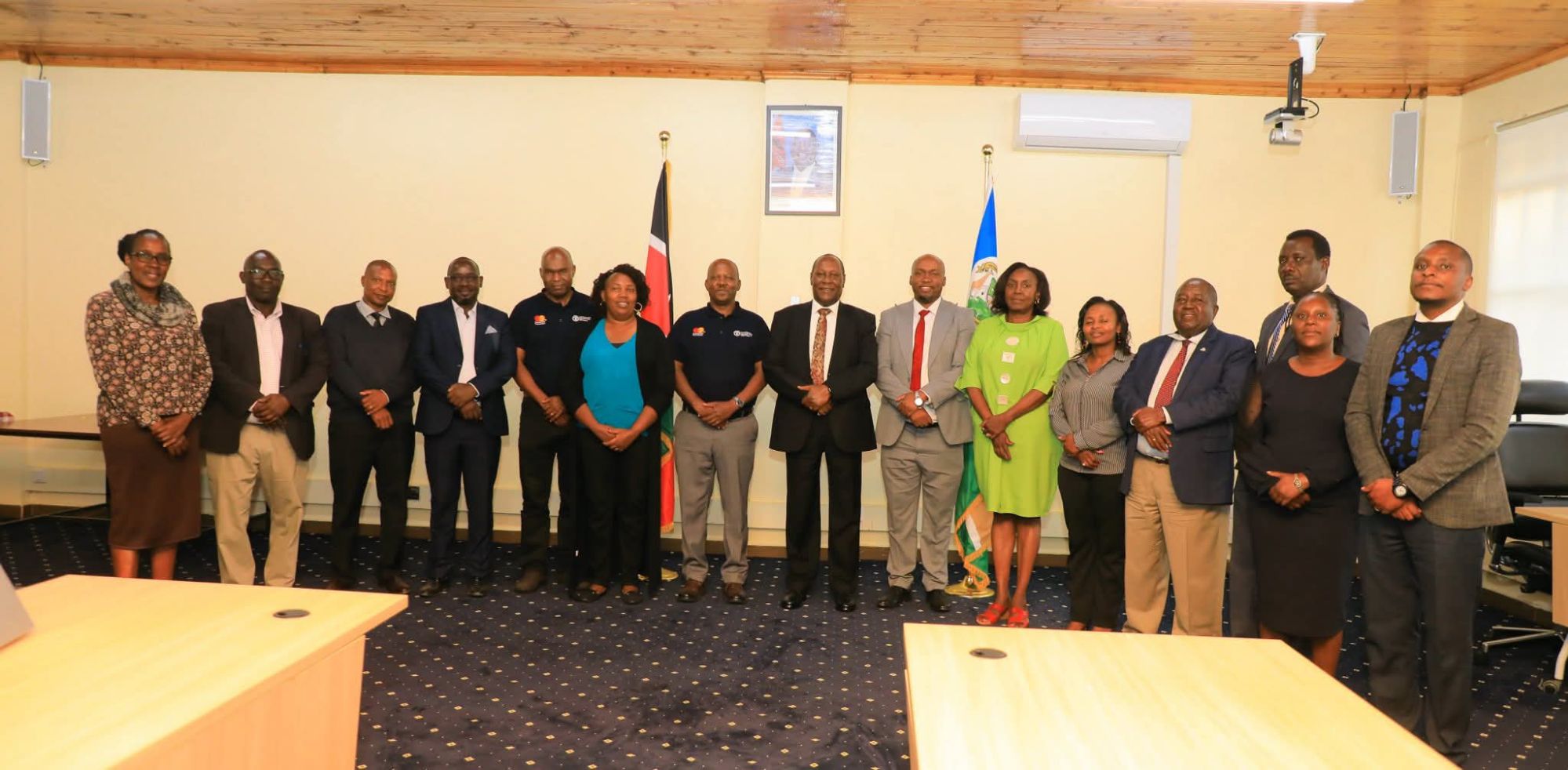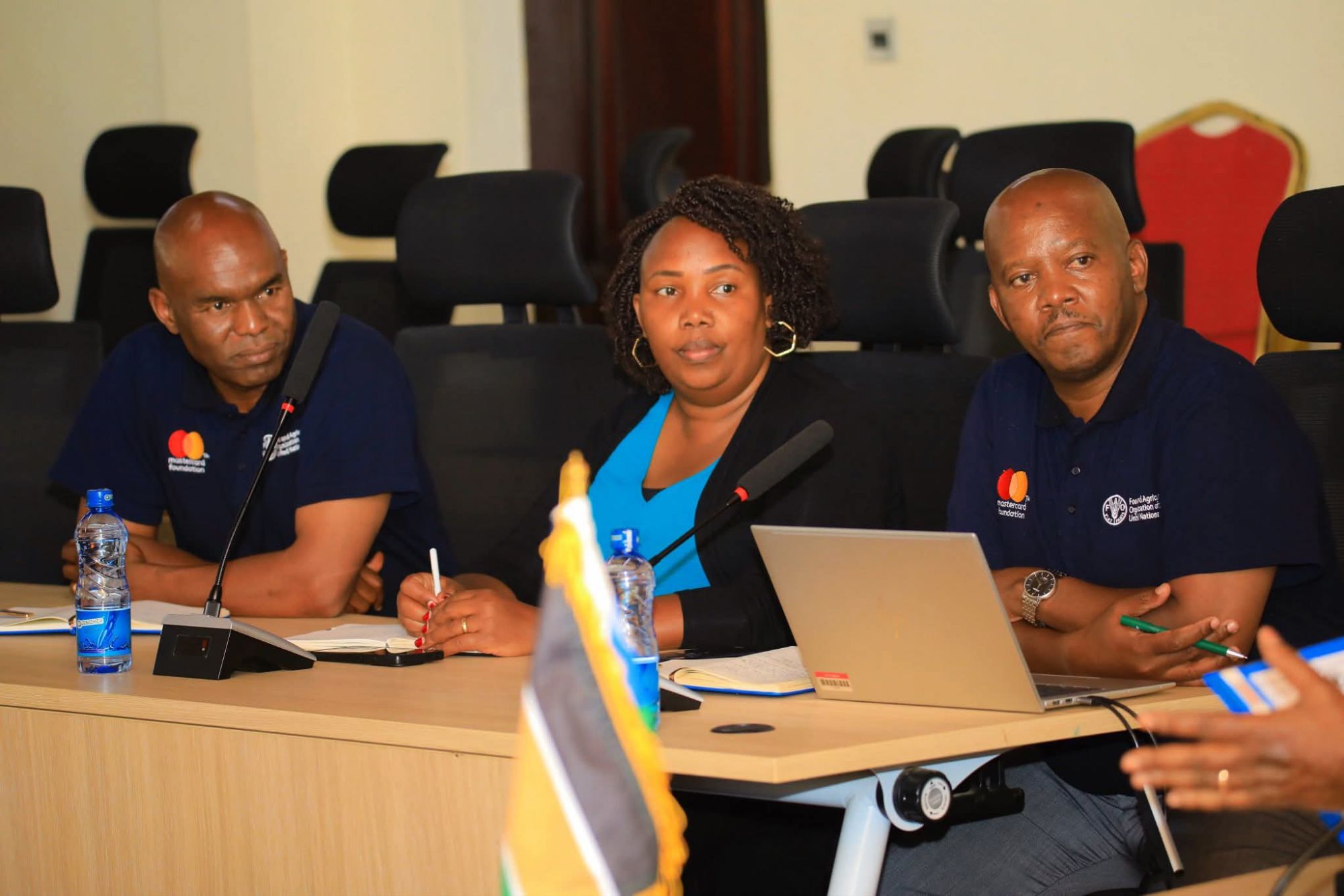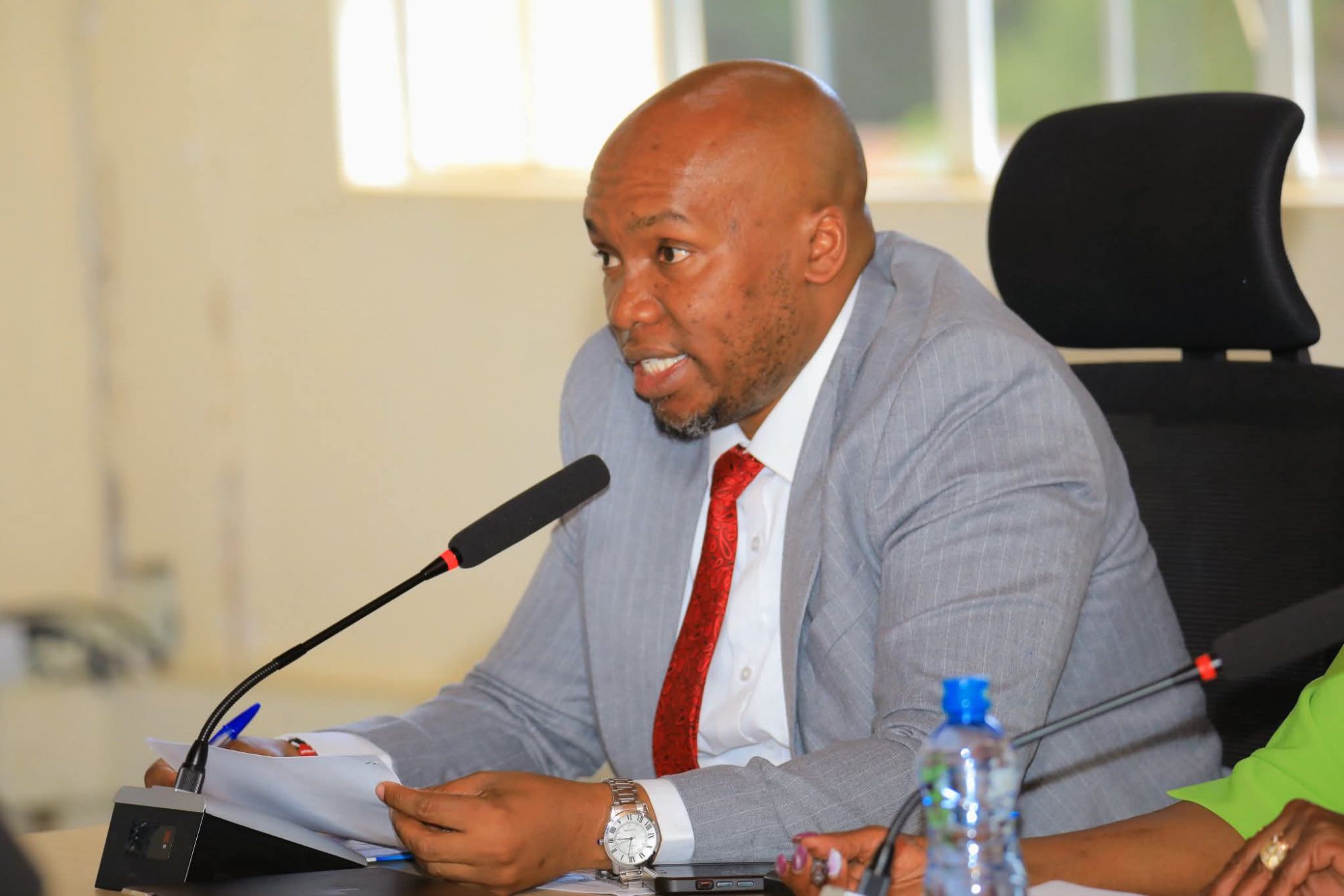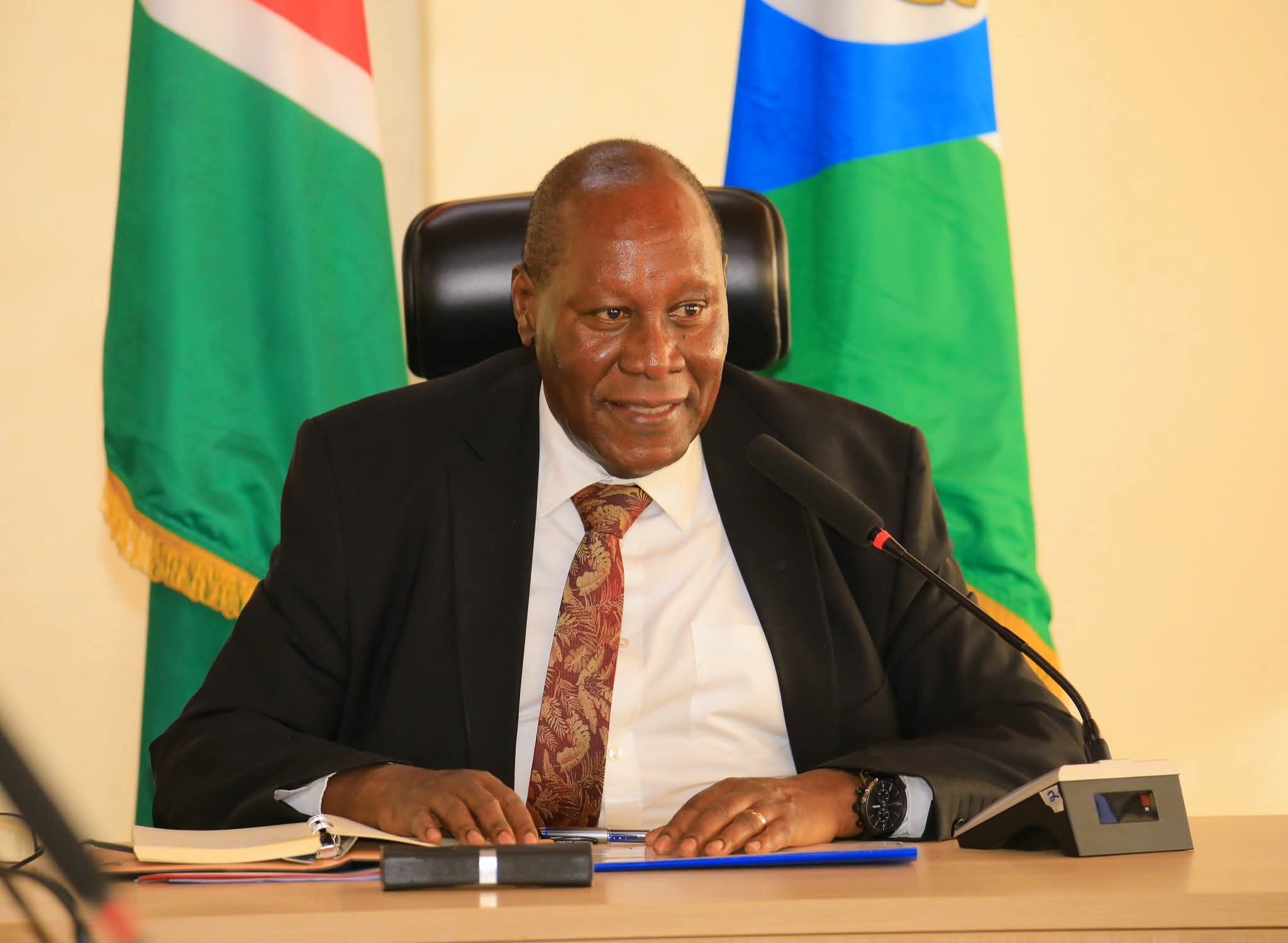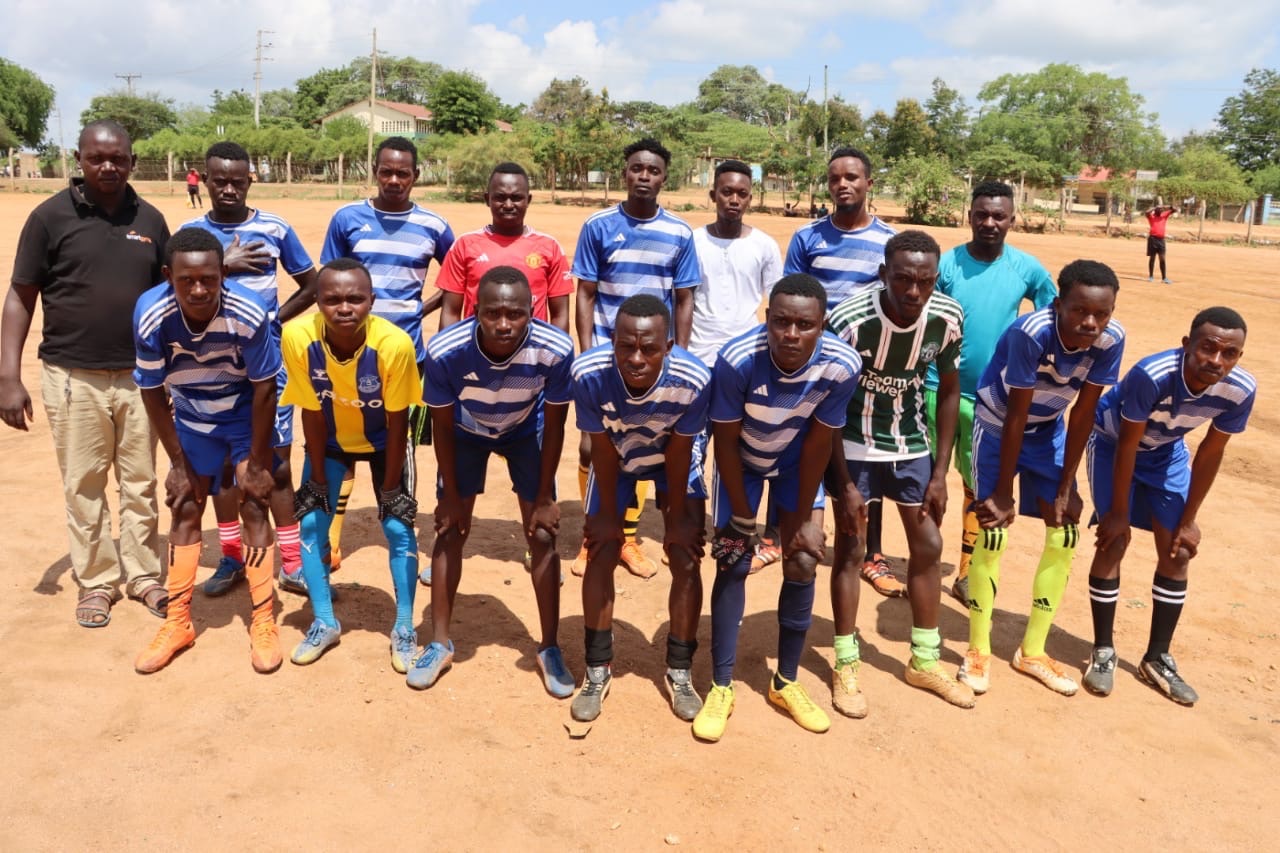Kitui Governor Dr. Julius Malombe met with officials from the Food and Agriculture Organization (FAO), led by Michael Ngutu, during a courtesy call to discuss the rollout of a new youth-focused livestock initiative in the county. The meeting centered on the implementation of the “Creating Shared Value with Young People in the Livestock Sector in Kenya’s ASALs (CASHA)” programme, a transformative project aimed at empowering young people in arid and semi-arid regions through livestock-based enterprises.
The CASHA programme is a five-year initiative funded by the Mastercard Foundation at a total cost of USD 39.8 million. It targets 300,000 young people across 15 arid and semi-arid counties, including Kitui. The project will be implemented through four key clusters — the Northrift, Lower Eastern, Upper Eastern, and North Eastern clusters — to ensure regional inclusivity and tailored interventions that address the unique needs of each area.
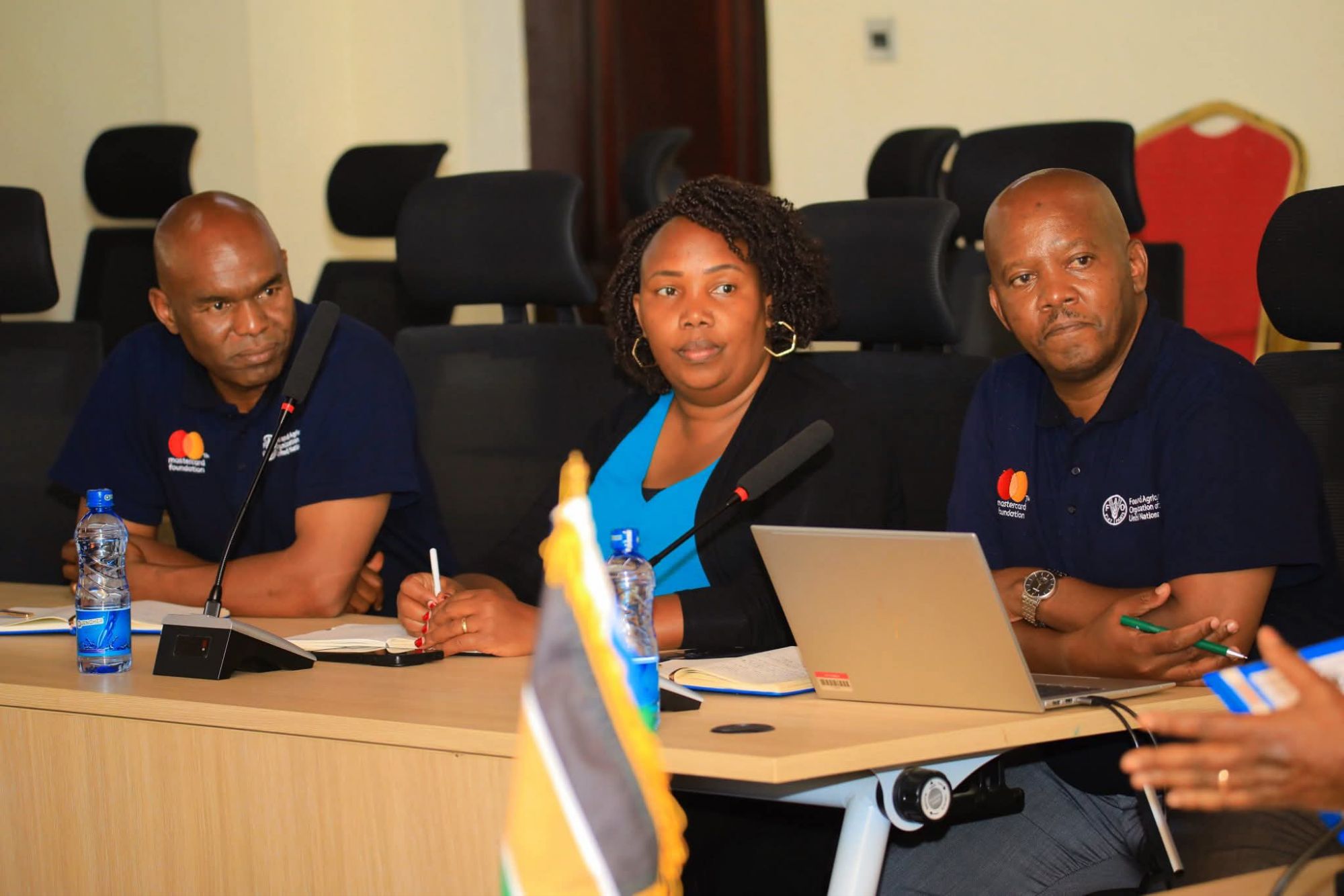
CASHA’s design revolves around five main pathways: strengthening the technical and entrepreneurial capacity of young people, enhancing market linkages, promoting financial access, supporting climate-smart innovations, and amplifying young women’s voice, agency, and leadership capacities. The initiative also emphasizes inclusivity, with an ambitious target to involve 80% young women, 5% persons with disabilities (PWDs), and 5% internally displaced persons (IDPs) and refugees among its beneficiaries.
Governor Malombe lauded the partnership, noting that the project aligns with his administration’s agenda to create employment opportunities for the youth and strengthen the livestock sector as a driver of economic growth in Kitui. He emphasized that the initiative will not only improve livelihoods but also enhance resilience and sustainability in livestock production across the county.
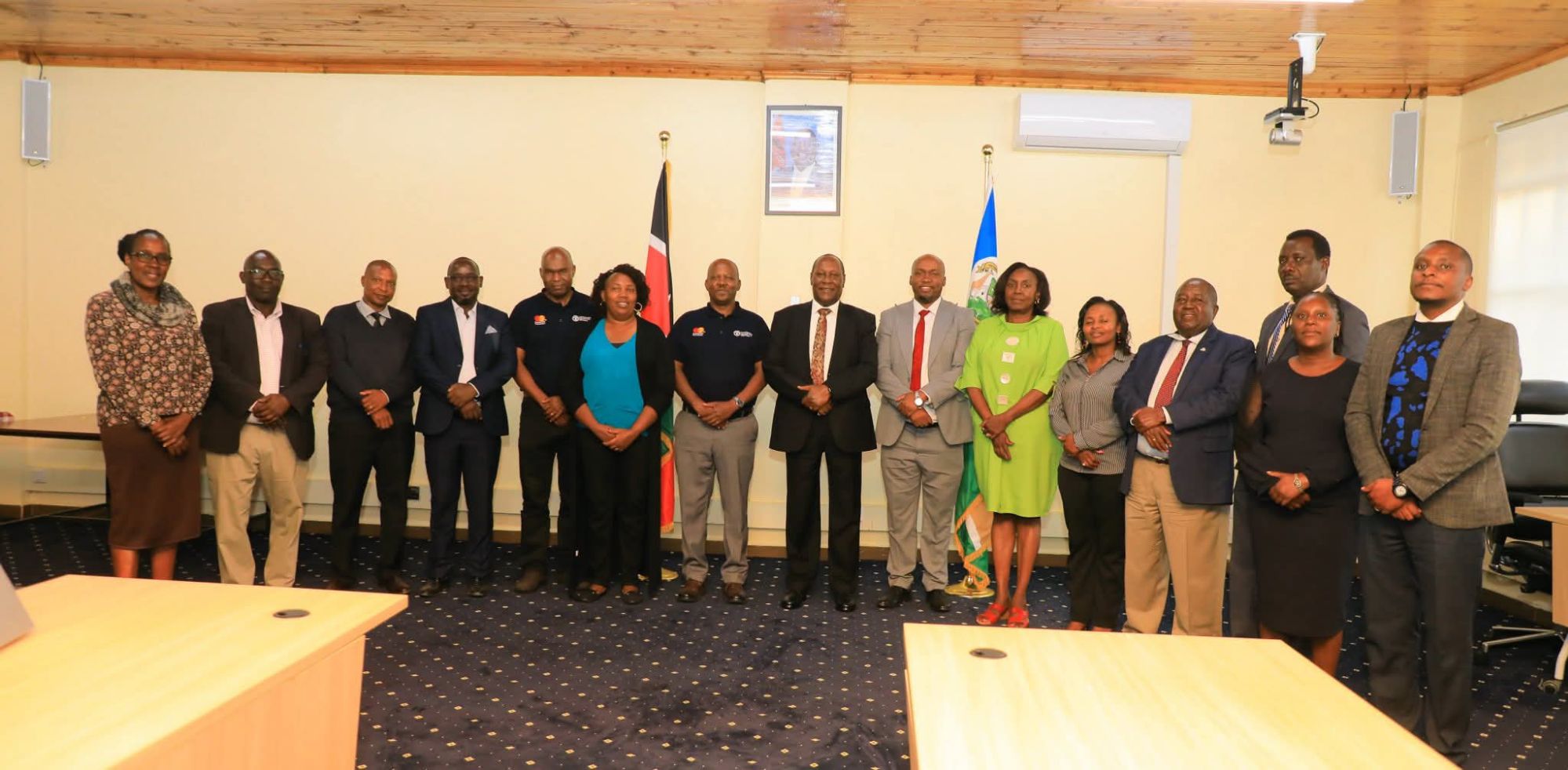
According to FAO, CASHA aims to improve livestock health and productivity by promoting climate-smart practices, enhancing disease control systems, and providing veterinary support. The programme is expected to strengthen sustainable livelihoods, increase household incomes, and position the livestock sector as a viable enterprise for young people in Kenya’s ASAL regions.
